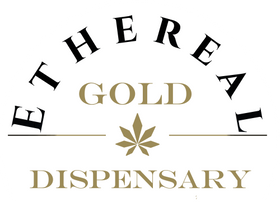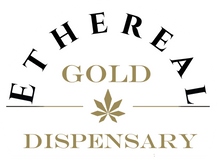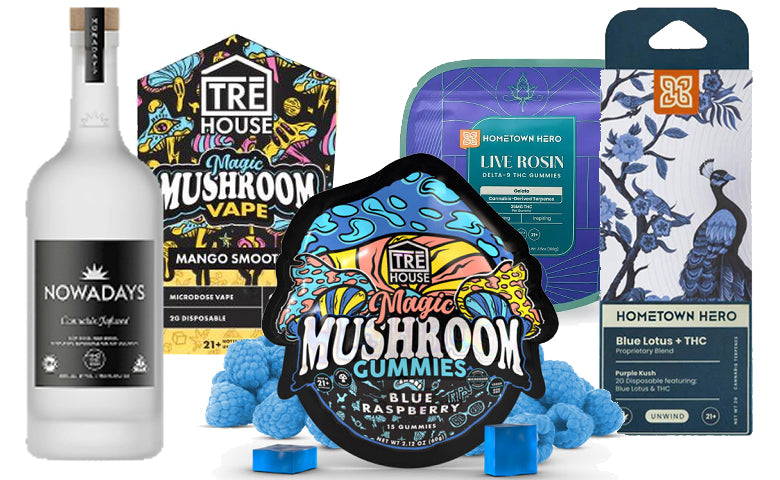The burgeoning world of hemp-derived cannabis products has been abuzz with discussions surrounding tetrahydrocannabinolic acid (THCa), a compound that many believe treads on the line of federal legality. This precursor to Delta-9 THC has stirred a pot of legal and scientific debates — especially in the light of the 2018 Farm Bill and its 2021 amendment. In this blog, we delve into the nitty-gritty of THCa, its legal standing, and its transformation to Delta-9 THC.
What is THCa?
THCa is the acid precursor to the psychoactive compound Delta-9 THC which is found in cannabis. Unlike THC, THCa is not psychoactive and is abundant in the raw cannabis plant. When exposed to heat however, THCa undergoes a process called decarboxylation and transforms into THC (Delta-9 THC), the compound known for its mind-altering effects.
THCa vs. Delta-9 THC
While both THCa and THC originate from the cannabis plant, their effects on the human body are markedly different. THCa, being non-psychoactive, does not produce the "high" associated with THC. However, it's the process of decarboxylation that bridges the gap between THCa and THC — turning the former into the latter — thereby unlocking the psychoactive properties.
The legal differentiation between THCa and Delta-9 THC is where things get murky. According to the 2018 Farm Bill and its 2021 amendment, hemp is defined as having less than 0.3% Delta-9 THC by dry weight. At a glance, this definition seems to exempt THCa, but a deeper dive into the legislation reveals a different story.
The Legal Quagmire: THCa to THC
The legislation stipulates that the THC content must be measured post-decarboxylation or through other reliable methods. This implies that during testing, all THCa must be decarboxylated, which essentially transforms it into Delta-9 THC. Consequently, any product with THCa could potentially be classified as marijuana, not hemp, under federal law.
In a hypothetical scenario, imagine you are in possession of cannabis flower which you claim to be THCa flower, asserting its legality. However, upon a routine inspection, the police decide to send the flower for testing at a crime lab to ascertain its THC content. Simultaneously, if you have smoked some of this THCa flower, a subsequent drug test could also be conducted on you. In both instances, the outcome is likely to be unfavorable. The lab test, through the process of decarboxylation, will convert the THCa in the flower to Delta-9 THC, thus reflecting a positive result for THC (which is a controlled substance). Similarly, the act of smoking the THCa flower would have triggered decarboxylation — converting THCa to THC in your body. Consequently, a drug test would reveal the presence of THC in your system. This scenario underscores the legal and practical complexities surrounding THCa, and how its transformation to THC can potentially lead to legal ramifications, despite the initial benign nature of THCa.

Does THCa Get You High?
The answer is very straightforward. No, not if you eat it. Yes, if you smoke or vape it. THCa itself does not possess the psychoactive properties to induce a high. However, once decarboxylated to THC through a method like smoking or vaping, the psychoactive effects become prevalent. This transformation is a core aspect of the legal debates surrounding THCa and hemp-derived products.
THCa Side Effects
The side effects of THCa pre-decarboxylation are yet to be thoroughly researched. However, given its non-psychoactive nature, it's believed to be well-tolerated. The concern arises when THCa is converted to THC, which has known side effects including anxiety, paranoia, and impaired motor coordination.
For legal cannabis product that you can ship right to your doorstep, and that isn't dubious legally, check out some of our cannabis smokables! Don't forget to use the code SEPTEMBERBLOG for 10% off!
FAQ
What is THCa and how is it different from Delta-9 THC?
THCa (Tetrahydrocannabinolic Acid) is a non-psychoactive precursor to the psychoactive compound Delta-9 THC found in cannabis. Unlike Delta-9 THC, THCa does not produce a "high" when consumed. However, when exposed to heat, THCa undergoes a process called decarboxylation and transforms into Delta-9 THC, which is psychoactive.
Is THCa legal under federal law?
The legality of THCa is a gray area. According to the 2018 Farm Bill and its 2021 amendment, hemp-derived products must contain less than 0.3% Delta-9 THC by dry weight. While at first glance THCa might seem exempt, the legislation requires testing post-decarboxylation, which would convert THCa to THC — potentially classifying a product as marijuana, not hemp, under federal law.
Does THCa have any psychoactive effects?
No, THCa does not have psychoactive effects. It does not produce the "high" associated with THC. However, once THCa is decarboxylated into THC, the psychoactive effects become prevalent.
How is the THC content in hemp-derived products measured?
The THC content in hemp-derived products is measured post-decarboxylation or through other similarly reliable methods — as per the stipulations of the 2018 Farm Bill and its 2021 amendment. This means that during testing, all THCa is converted to Delta-9 THC, which is used to determine the THC content of the product.
What are the potential side effects of THCa?
The side effects of THCa are yet to be thoroughly researched. However, it's believed to be well-tolerated due to its non-psychoactive nature. The concern arises when THCa is converted to THC, which has known side effects including anxiety, paranoia, and impaired motor coordination.







